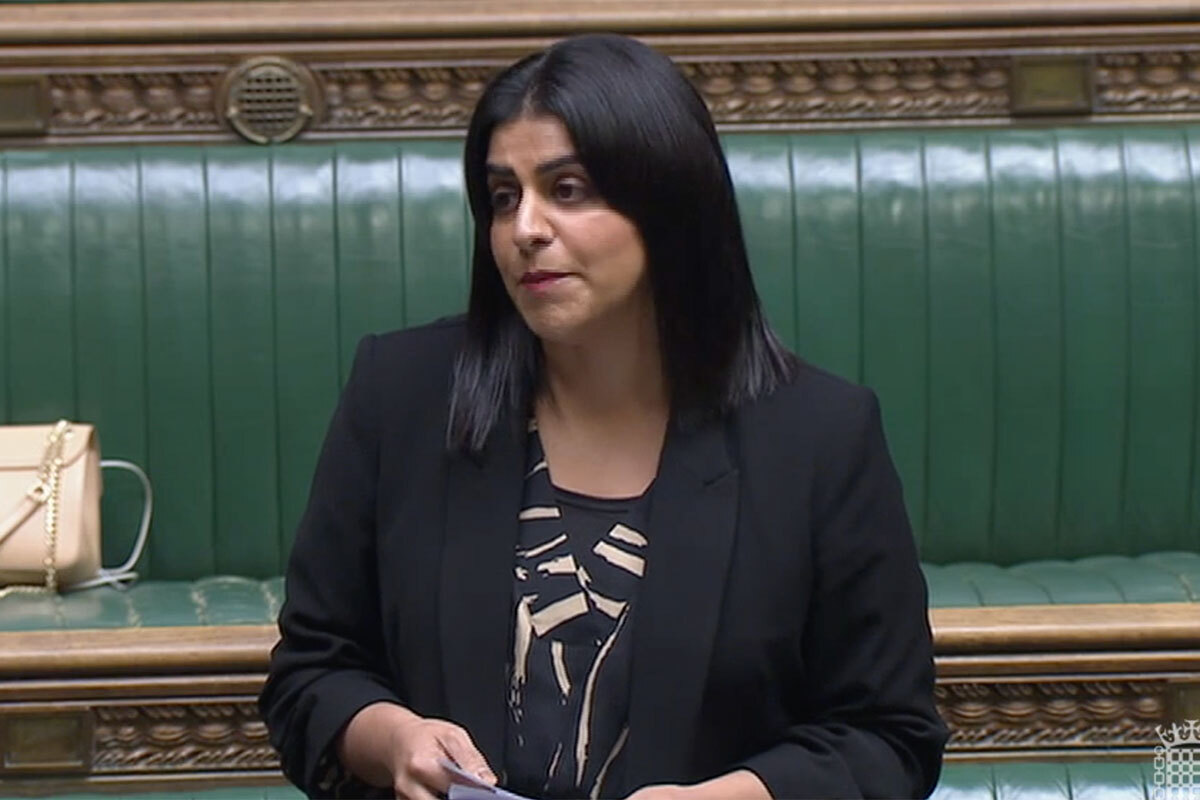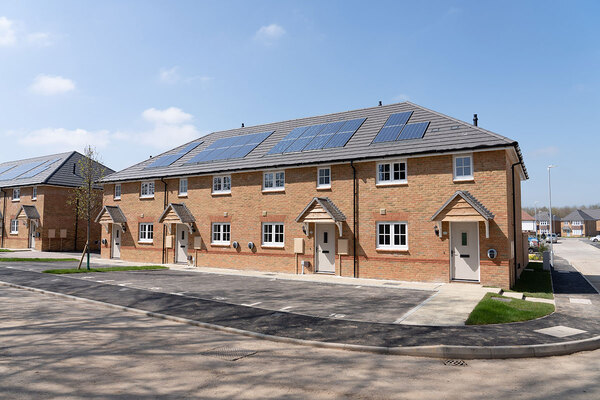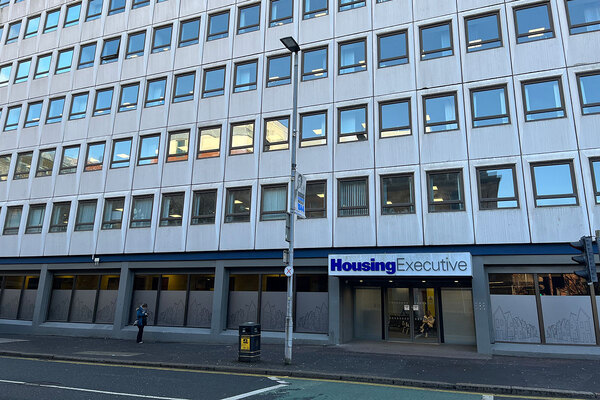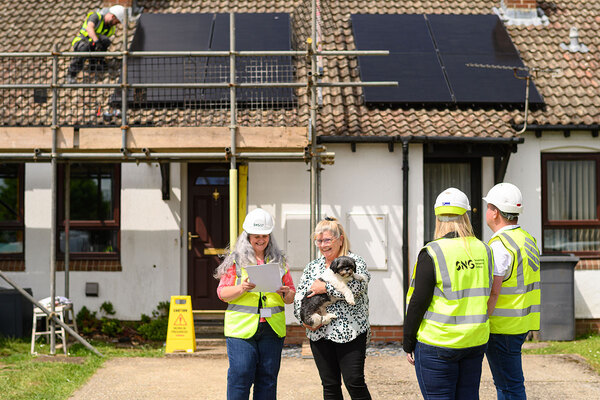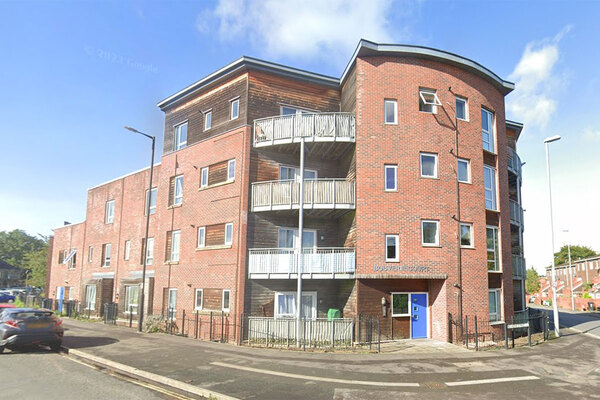You are viewing 1 of your 1 free articles
The Week in Housing: the tragedy and response
A weekly round-up of the most important headlines for housing professionals
Good afternoon.
When coroner Joanne Kearsley announced her verdict on the cause of Awaab Ishak’s death on Tuesday last week, it was a moment that sent shockwaves both inside and outside the social housing sector.
The coroner found that the two-year-old’s death was a direct result of the deep-set damp and mould that he and his family had to endure for years.
The social landlord that was supposed to keep the family and child in a home that was safe and warm had failed to do so, despite being repeatedly told by the family about the problems.
“The tragic death of Awaab will and should be a defining moment for the housing sector,” said Ms Kearsley.
Her words have rung true.
Nearly a week on since the verdict, the coverage continues. Whether it is morning radio programmes, TV news bulletins or the daily papers, the media’s gaze is still well and truly on the fall-out of Awaab’s tragic death and the condition of social housing.
And quite rightly. No child in today’s Britain should die because of the poor state of their home. No resident should have to endure years of unliveable conditions.
But I believe the coverage has revealed something else about where social housing sits in the media landscape.
Like the properties that have fallen into disrepair across the country, many of the main media outlets have neglected social housing, the tenants that live in these homes, and the current state of social housing stock and management.
Apart from the long-running investigation by ITV News over the past 18 months, many have left it alone.
Much of the coverage in the past seven days has revealed to many that the tragic death is not an isolated incident.
Look at estates across Britain and you will find families contending with terrible conditions. You just have to follow Kwajo Tweneboa’s Twitter feed to see this.
The coverage has also unpicked the current social housing regulation landscape, while coming to the realisation that it is woefully unfit for purpose.
This week, in the midst of media scrutiny and public outcry, the government responded. There was an announcement nearly every day to show it is acting.
On Sunday, housing secretary Michael Gove wrote to all social landlords and warned them not to hide behind legal processes when responding to damp and mould.
He also said the sector must dramatically raise the bar of social housing standards.
On Monday, Mr Gove named six other housing associations that had recently received severe maladministration judgements from the Housing Ombudsman, stating they had let tenants down and that their behaviour was unacceptable.
Yesterday, he revealed that he would be taking £1m from Rochdale Boroughwide Housing’s development funding and block it from the Affordable Homes Programme until the landlord shows it has improved.
This came with a warning to other underperforming landlords that the same could happen to them.
This criticism is welcome.
The government should be calling out underperforming landlords and penalising them. But this bad performance is not in a vacuum, and it is important the government reflects on its own decisions and how it has contributed to the current situation.
As deputy editor Peter Apps describes in his thread, the unpicking of regulation over the past 13 years has contributed to where we are now.
Here's a quick thread about government, social housing and the lack of regulation to ensure tenants have some protection when housing management goes wrong. Because... well... there is a certain level of hypocrisy from current ministers which can't be left unaddressed
— Peter Apps (@PeteApps) November 24, 2022
The scrapping of the Tenant Services Authority – the body set up to look at housing standards and the sector’s performance – as part of the ‘Bonfire of the Quangos’ played a major role in creating this regulatory blindspot.
People who do not know the sector often look at me in befuddlement when I tell them that while social housing is regulated, the regulator does not look at the quality of stock or treatment of tenants by landlords.
Even after Grenfell, one of the biggest tragedies the sector and country has ever seen, regulatory reform has been slow.
A bill to give the Regulator of Social Housing more oversight over housing standards and landlords’ treatment of tenants was promised in the months after the fire. Five years on, it has yet to receive royal assent.
This is all combined with serious underinvestment in social housing stock and a complete dearth of regeneration investment, which means our social housing stock is old and reaching the end of its life.
In a statement on Wednesday, Mr Gove said: “Everyone deserves the right to live in a safe, decent home, and this government will always act to protect tenants.”
The truth is, though, that this has not always been the case. It is up to the housing secretary and his colleagues to look at the areas that need fixing and make those changes fast so that the living conditions of all social housing tenants can be raised.
Elsewhere this week, Inside Housing carried out a deep investigation into another housing scandal. Freedom of Information responses from 177 councils showed that at least £800m had been spent on exempt accommodation across the country last year.
Exempt accommodation is the controversial type of housing in which landlords can claim sky-high rents if they provide a small level of support.
In many cases, it is a lifeline for many people in need, but a recent Levelling Up, Housing and Communities Committee meeting labelled it a “goldmine” and “licence to print money” for some providers.
Jack Simpson, assistant editor (news and investigations)
Editor’s picks: five must-read stories
Gove pulls £1m funding from Awaab Ishak’s landlord and cuts access to AHP
Affordable housing scheme in London left unfinished for seven years now needs recladding
The true cost of exempt accommodation
Sign up for our Week in Housing newsletter
Already have an account? Click here to manage your newsletters



